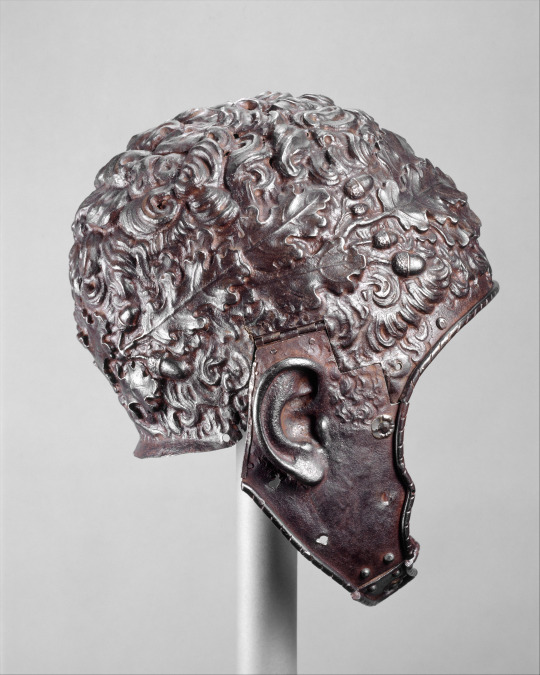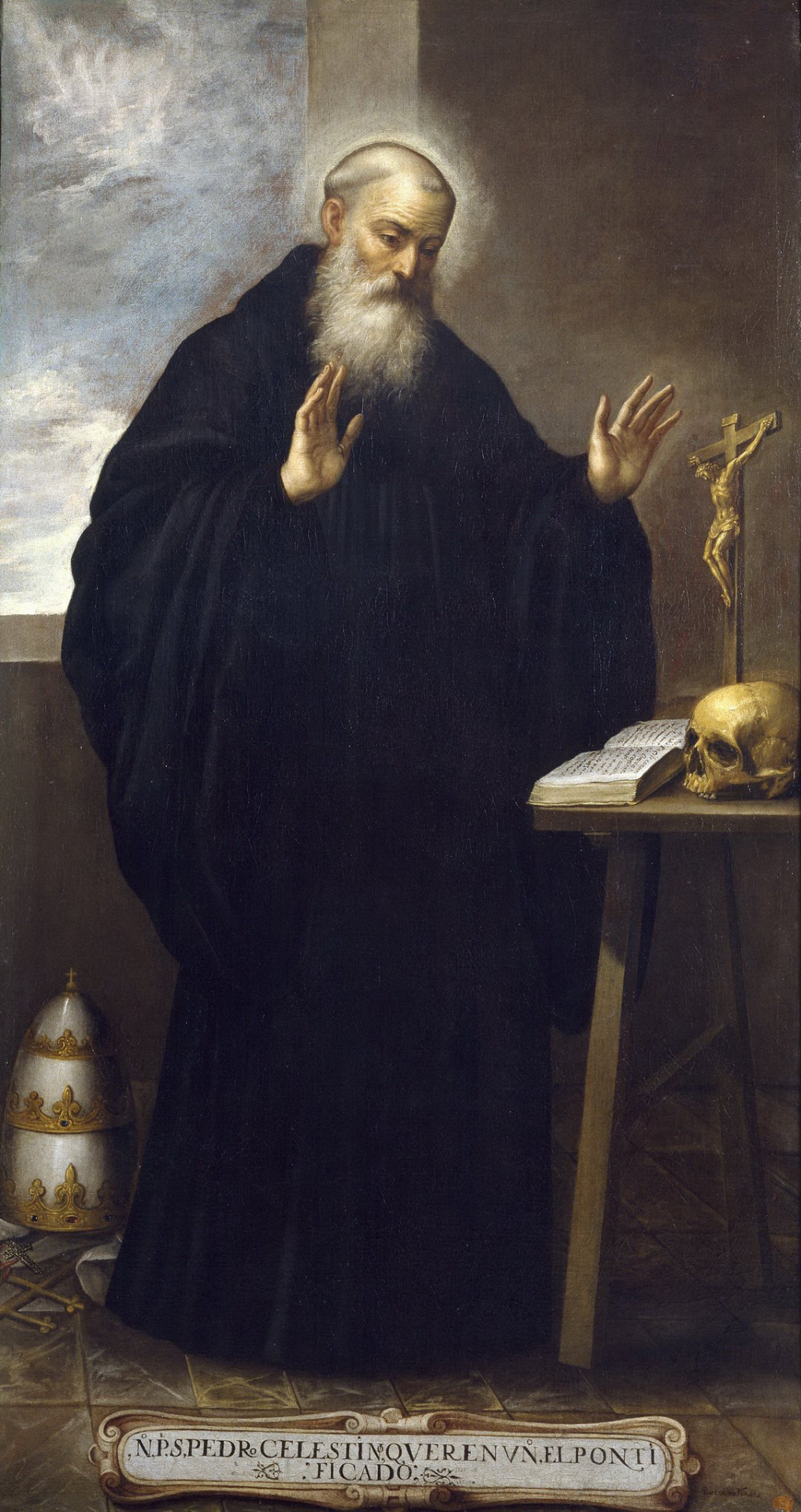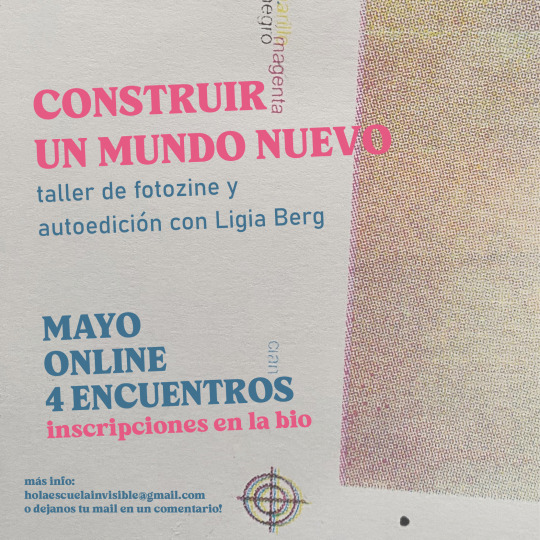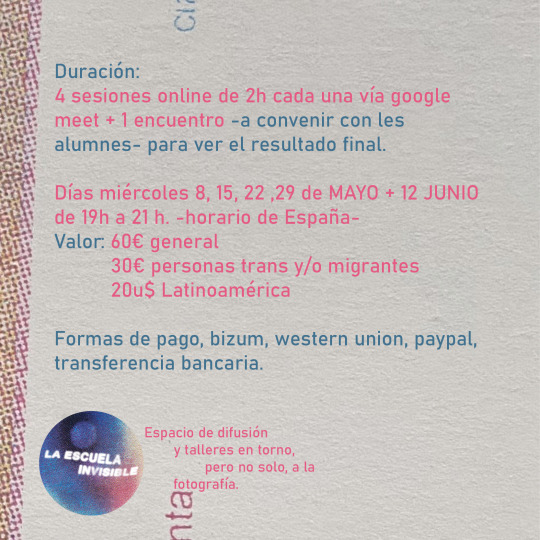#arte europea
Explore tagged Tumblr posts
Text

Ignazio Stern, An Allegory of Summer
#ignazio stern#powerpoint slides#born in Austria#pittore austriaco#artworks#arte europea#allegory of seasons
0 notes
Text
Giovanni Boldini: Il maestro del ritratto nell'Italia post-risorgimentale. Recensione di Alessandria today
Esploriamo l’arte di Giovanni Boldini, celebre pittore italiano dell’epoca di Edgar Degas, noto per i suoi ritratti vibranti e la sua tecnica dinamica.
Esploriamo l’arte di Giovanni Boldini, celebre pittore italiano dell’epoca di Edgar Degas, noto per i suoi ritratti vibranti e la sua tecnica dinamica. Giovanni Boldini (1842-1931) è stato uno dei pittori italiani più illustri dell’Ottocento, riconosciuto a livello internazionale per i suoi ritratti raffinati e caratterizzati da un’espressione dinamica. Amico e contemporaneo di Edgar Degas,…
#aristocrazia e arte#arte del XIX secolo#arte europea#Arte Italiana#artisti e collezionisti#Belle Époque artisti#belle epoque#Edgar Degas#Galleria degli Uffizi#Giovanni Boldini#Giovanni Boldini a Parigi#influenze artistiche#mostre d&039;arte#Museo d&039;Orsay#nobiltà Belle Époque#Parigi#pennellata vibrante#pennellate rapide.#pittori contemporanei#Pittori italiani#pittura dinamica#pittura raffinata#ritratti#ritratti aristocratici#ritratti femminili#ritratto di Verdi#stile pittorico Boldini#Storia dell’arte#tecniche pittoriche
0 notes
Text

Records d'Hiperborea.
#art#pintura#Hiperborea#Hiperbòria#hiperboreu#història mítica#mitologia#deïtat#Primera humanitat#Edat daurada#Edat d'or#Europa atàvica#esotèric#esoterisme#mitologia europea#Vsévolod Ivànov
95 notes
·
View notes
Text

The Prince of Asturias, the Future Charles IV
Artist: Anton Raphael Mengs (German, 1728–1779)
Date: 1766
Medium: Oil on Canvas
Collection: Museo del Prado, Madrid, Spain
Description: Español: Retrato del príncipe de Asturias Carlos de Borbón (1748-1819), que fue hijo del rey Carlos III de España y llegaría a reinar en España como Carlos IV.
This portrait of Charles IV as the Prince of Asturias has as its pendant a portrait of his wife, María Luisa of Parma , also in the Museo del Prado. Anton Raphael Mengs had come to Spain in 1761 at the invitation of Charles III in order to serve as painter de camara , or court painter, the most prestigious appointment for an artist in the service of the king. He probably produced this canvas and its companion in 1765 as wedding portraits, for it was in that year that the prince and princess were married.
The 17-year-old prince stands elegantly, using his shotgun as a support. He wears a gray coat, black leather riding boots and the insignia of his superior status: on his breast is the insignia of the Order of the Golden Fleece , as well as those of the military orders of the Holy Spirit (which was due to the prince as a member of the House of Bourbon ) and Saint Januarius —the order founded by his father in 1738 as King of Naples and the Two Sicilies to celebrate his marriage to Maria Amalia of Saxony . Hunting on horseback, once the sole preservation of the monarchy, was no longer restricted to the royals in the eighteenth century. However, emblems of royal power persisted in iconographic representations of the hunt, which included the deer, in whose pursuit the prince's valor and firmness would be tested, or the dog that, in images of kings and princes, symbolized the loyalty of their subjects.
Charles IV was born in 1748 in Portici , Naples , and could therefore be considered a foreigner under Spanish law. As such, his right to the throne could theoretically have been challenged, yet here he is presented as the natural heir to the Crown and, together with his wife, the guarantors of the dynasty's preservation in the future.
#portrait#oil on canvas#charles iv#king of spain#anton raphael mengs#german art#prince of asturias#landscape#standing#dog#shotgun#grey coat#hunter#leather riding boots#order of the golden fleece#europea art#18th century#spanish history#spanish monarchy
18 notes
·
View notes
Text

Henrietta Georgiana Marcia Lascelles Iremonger, Lady Chatterton (1806 – 1876), Mrs Edward Heneage Dering (after Richard Buckner)
Artist: Rebecca Dulcibella Orpen (1829/30 - 1923)
Date: 1850-1876
Medium: Oil on canvas
Collection: National Trust Collections, United Kingdom
Description
Oil painting on canvas, Henrietta Georgiana Marcia Lascelles Iremonger, Lady Chatterton (1806 – 1876), Mrs Edward Heneage Dering, by Rebecca Dulcibella Ferrers Orpen, later Mrs Edward Dering (1830 – 1923), after Richard Buckner, inscribed.
A full-length portrait of Lady Chatterton who sits at a table in the dining room of her house, Finchden in Kent, resting her hands on a large open book and looking towards the left. She wears a full-skirted black silk dress with white lace at the cuffs and neck. Her brown hair is dressed with a white lace cap trimmed with pearls and there is a black bow under her chin. Hanging on the wall behind her is a tapestry on the subject of Europa and the Bull which hung in the dining room at Finchden until she brought it with her to Baddesley Clinton and hung it in the Great Parlour.
Henrietta Georgiana Marcia Iremonger was the daughter of Reverend Lascelles Iremonger. She married, Sir William Abraham Chatterton, 2nd Bt., (1794-1855) son of Sir James Chatterton, 1st Bt. and Rebecca Lane, on 3 August 1824. and Edward Heneage Dering, (1826-1892) son of Reverend Cholmeley Edward John Dering, on 1 June 1859. She died on 6 February 1876.
#portrait#oil on canvas#painting#henrietta georgiana marcia lascelles iremonger#lady chatterton#mrs edward heneage dering#irish art#full length#interior scene#artwork#oil painting#fine art#dining room#seated#table#large open book#full skirted black silk dress#lace cuffs#europea wall tapestry#black bow#pearls#rebecca dulcibella orpen#irish painter#curtains#national trust collections#19th century painting#european art
14 notes
·
View notes
Text

The Transfiguration of Christ
Artist: Willem van Herp (Flemish, 1614–1677)
Date: 1634-1677
Medium: Oil on Copper
Collection: Private Collection
The Transfiguration of Christ
About a week after Jesus plainly told His disciples that He would suffer, be killed, and be raised to life (Luke 9:22), He took Peter, James, and John up a mountain to pray. While praying, His personal appearance was changed into a glorified form, and His clothing became dazzling white. Moses and Elijah appeared and talked with Jesus about His death that would soon take place. Peter, not knowing what he was saying and being very fearful, offered to put up three shelters for them. Peter was expressing a wish to stay in that place. Then a cloud enveloped them, and a voice spoke from the cloud: “This is my Son, whom I love; with him I am well pleased. Listen to him!” (Matthew 17:5).
The cloud lifted, Moses and Elijah had disappeared, and Jesus was alone with His disciples, who were still very much afraid. Jesus warned them not to tell anyone what they had seen until after His resurrection. The three accounts of this event are found in Matthew 17:1–8, Mark 9:2–8, and Luke 9:28–36.
#painting#oil on copper#willem van herp#flemish painter#transfiguration of christ#biblical passage#biblical story#christianity#biblical art#new testament#bible gospels#mountain#moses#elijah#peter#jesus's disciples#clouds#17th century painting#europea art
12 notes
·
View notes
Text
"Il continente europeo porta il nome di una giovane, Europa, di origine straniera, senza radici, un’immigrata involontaria: il pluralismo delle origini e l’apertura agli altri sono diventati l’emblema dell’Europa."
"Tutti gli europei sono fieri di riconoscersi in una parte del mondo che ha dato i natali a Montaigne e Michelangelo, Shakespeare e Cervantes, Mozart e Goethe, o ancora nei principi sociali e politici ai quali fa riferimento l'espressione «diritti dell'uomo»."
"Le grandi opere che amiamo identificare oggi come costitutive della cultura europea sono nate in seno a tradizioni particolari. È vero che si sono rapidamente diffuse al di là delle frontiere del paese d'origine, ma questa influenza non si è fermata nemmeno a quelle dell'Europa. Reciprocamente, fin dall'origine, i creatori europei hanno assorbito i contributi provenienti da altri orizzonti: l'Egitto e la Persia, l'India e la Cina. Oggi, i tratti culturali europei si ritrovano lontano dall'Europa; le invenzioni non europee hanno penetrato anche lo spazio europeo. Per esempio, talvolta si dice che il romanzo è un genere tipicamente europeo ciò corrisponde senza dubbio a una situazione vera in passato, ma non nel presente: come immaginare oggi il romanzo senza pensare ai suoi rappresentanti russi, o latinoamericani o nordamericani o, più recentemente, asiatici e africani? Lo stesso si può dire per la pittura, la filosofia, la religione o qualunque altro ingrediente della cultura: ciò che era nato in Europa vi ritorna trasformato dal suo soggiorno altrove e nello stesso tempo l'Europa si affretta ad assorbire le influenze straniere, dalle maschere africane alla calligrafia cinese, dalle tradizioni buddhiste al realismo magico dei Caraibi. Non può essere altrimenti: le opere dello spirito hanno una vocazione universale, fanno il possibile per andare ovunque; nate in una tradizione specifica, aspirano a essere accolte da tutti."
"L'identità della cultura europea consiste nella sua maniera di gestire le diverse identità che la costituiscono a livello regionale, nazionale, religioso e culturale, accordando loro uno statuto nuovo e traendo profitto da questa stessa pluralità".
Sono frammenti tratti da “L’identità europea”, un interessante saggio di un centinaio di pagine scritto da Tzvetan Todorov nel primo decennio del nuovo millennio.
12 notes
·
View notes
Text

A fabulously embossed parade helmet crowned with a laurel of oak leaves, possibly made for the della Rovere of Urbino, attrobuted to Filippo Negroli,
Height: 11.25 in/28.6 cm
Width: 8.25 in/20.9 cm
Depth: 9 in/22.7 cm
Weight: 2.1 lbs/964 g
Milan, Italy, ca. 1532-1535, housed at the Metropolitan Museum of Art.
#armor#armour#helmet#grotesque#europe#europea#italy#italian#milan#milanese#renaissance#themet#metmuseum#art#history
274 notes
·
View notes
Text

Bartolomé Román (Spanish, 1587-1647) San Pedro Celestino, papa, early 17th century Museo Nacional del Prado
#Bartolomé Román#spanish art#christian art#european art#san pedro celestino#pope#17th century#spanish#hispanic#latin#southern europe#europea#western europe#art#fine art#classical art#europe#european#oil painting#fine arts#europa#mediterranean#1500s#1600s#catholic#catholic art#catholicism#roman catholic
73 notes
·
View notes
Text
ok so honeys and homies
there was this. tumblr promotion of a thing called Communities. im sure u know what i mean.
So i asked Tumblr to create one and to my surprise THEY APPROVED IT. so now we have a community called EUmblr.
Now, i know its called EUmblr but its not just for people who are in European Union countries,, but for any European who is EUnthusiastic or i dont know,, just feels like they belong here
(This also applies for Non-european people))
So yeah this community would be like, a place to talk about european projects, arts, politics, institutions, news, music, media, series, languages,,, pretty much whatever.
Because it's yet a Beta thing of Tumblr, i cant just put a link so that yall directly join :(
So if anyone is interested please just let me know through here and i will send an Invitation™
owo thanks for yallsies attention
#EUmblr#union europea#european elections#europe#tumblr#communities#spain#slovakia#eurovision#eurowahl#italia#france#politics#art#new things#help i dont know more tags#please help
12 notes
·
View notes
Text
Nuevo taller ONLINE en MAYO! CONSTRUIR UN MUNDO NUEVO Taller de fotozine y autoedición de Ligia Berg
Formulario de inscripción: https://forms.gle/dvXAXokDpr2XFPf76



El objetivo principal del taller es la realización de un fotozine/autoedición desde cero a su concreción.
El taller propone un espacio de análisis entre forma, contenido y expresión dónde lo primordial es la construcción narrativa de un relato visual en base al material aportado por la persona que participe del taller.
En 4 encuentros se abordarán los conceptos técnicos específicos del armado de fotozines, desde la diferencia entre fotolibro y fotozine, pasando por la construcción conceptual temática, la edición del contenido, revelado en Lightroom, su maquetación y diseño en Indesign para su posterior impresión o publicación online.
Además se hablará de formas de difusión y distribución de las publicaciones.
Se trabajará con proyectos propios, tanto si hay una idea definida o si se tratase de unificar material de archivo en un fotozine.
Duración: 4 sesiones online de 2h cada una vía google meet + 1 encuentro -a convenir con les alumnes- para ver el resultado final.
Días miércoles 8, 15, 22 ,29 de MAYO + 12 JUNIO de 19h a 21h (horario de españa)
Podés ver trabajos de alumnos aquí: https://laescuelainvisible.tumblr.com/tallerfotozine
Si querés el programa completo escribinos a [email protected]
Les esperamos!
#fotografia#fanzine#fotozine#taller#online#cultura#educacion#arte#indesign#photoshop#lightroom#tecnica#fotolibro#publicaciones#lgbtqia#transgender#migrantes#latinoamerica#españa#union europea#hispanohablante#castellano#español
2 notes
·
View notes
Text

Detail of the painting "The Garden of Earthly Delights" (1480-1490) by Hieronymus Bosch (1453-1516), Dutch/Netherlandish painter.
Visit Pittoresko and see the Digital Collection of Dark Academia Art Prints
#digital download#digital prints#digital poster#hieronymus bosch#macabre art#macabre aesthetic#15th century art#medieval art#art detail#detail art#dipinto vintage#pittura europea medievale#dark academia#dark painting#dark aesthetic#dark art#dipinto hieronymus bosch#trittico del giardino delle delizie#garden of earthly delights
15 notes
·
View notes
Text

#light acadamia aesthetic#museum#art study#book aesthetic#photography#light aesthetic#fotografia europea#girl aesthetic#light academia
2 notes
·
View notes
Text

Dibuix d'Alan Lee per a l'obra The Mabinogion, traduït per Gwyn Jones i Thomas Jones.
#art#pintura#El Mabinogion#Mabinogion#llegenda#mitologia celta#mitologia europea#celta#cèltic#drac#Alan Lee#fantasia#fantasia èpica#fantasia mítica#fantàstic
27 notes
·
View notes
Text
Gorizia e Nova Gorica: Capitale Europea della Cultura 2025, un ponte tra storia e futuro. Un legame culturale che unisce Italia e Slovenia
Gorizia e Nova Gorica, città gemelle divise da un confine politico ma unite da un'anima comune, sono state proclamate Capitale Europea della Cultura 2025.
Gorizia e Nova Gorica, città gemelle divise da un confine politico ma unite da un’anima comune, sono state proclamate Capitale Europea della Cultura 2025. Questo prestigioso riconoscimento celebra la loro storia condivisa, il loro spirito di collaborazione e il loro impegno nel costruire un futuro basato sulla cultura, sull’arte e sulla valorizzazione del patrimonio europeo. Il progetto GO!…
#Alessandria today#Arte#capitale della cultura europea#capitale europea della cultura#città gemelle#Concerti#Confine#confine aperto#connessione#Contaminazione artistica#cooperazione internazionale#Cultura#dialogo culturale#Europa#Eventi#Festival#festival culturali#Futuro#GO! 2025#Google News#Gorizia#Identità Culturale#Inclusione#Innovazione#interazione#Italia#italianewsmedia.com#linguaggi espressivi#Mostre#Musica
0 notes
Text

Thomas Walker and Peter Monamy
Artist: Gawen Hamilton (British, 1697-1737)
Date: c. 1735
Medium: Oil on Canvas
Collection: Art Institute of Chicago, Chicago, IL, United States
Depicted People:
Peter Monamy
Thomas Walker
#group portrait#men#artwork#easel#oil on canvas#gawen hamilton#british painter#british culture#rug#conversation piece#costume#18th century painting#europea art
3 notes
·
View notes